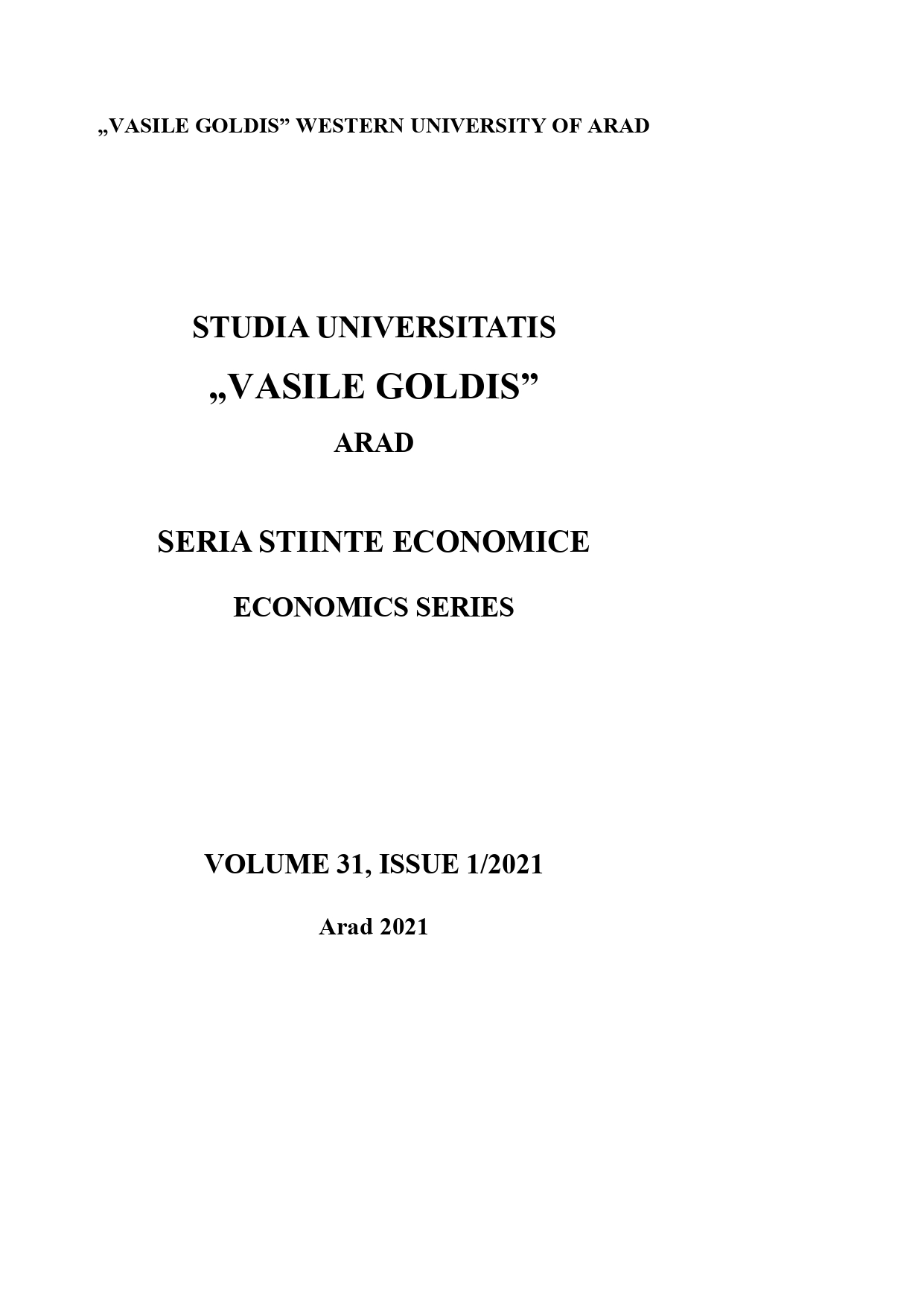ENERGY DEMAND AND COOKING ENERGY COST
IN AN OIL-RICH ECONOMY: A NEW EVIDENCE FROM NIGERIA
ENERGY DEMAND AND COOKING ENERGY COST
IN AN OIL-RICH ECONOMY: A NEW EVIDENCE FROM NIGERIA
Author(s): Anthony Orji, Stephen Obinozie Ogwu, Peter Nwachukwu Mba, Onyinye I. Anthony OrjiSubject(s): Energy and Environmental Studies
Published by: Editura Universităţii Vasile Goldiş
Keywords: Energy; Cost; Demand;
Summary/Abstract: According to several recent studies, energy is seen as a commodity, due to the fact that energy sector markets are more like commodity markets. Essentially, it serves as an enabler of social and economic development and so cannot be neglected. This study, therefore, estimated the impact of cooking energy cost on energy demand in Nigeria using the ARDL model and quarterly data spanning from 1990-2018. The result from the study showed that in the long-run both liquefied petroleum gas (LPG) price and kerosene price has a negative impact on energy demand. In the short-run, the result remained the same for kerosene while it reversed for LPG. The study, therefore, recommended that government should enact policies that will moderate or minimize the cost of cooking energy and enhance the removal of all forms of barriers in making cooking energy affordable to users in the country.
Journal: Studia Universitatis Vasile Goldiş, Arad - Seria Ştiinţe Economice
- Issue Year: 31/2021
- Issue No: 1
- Page Range: 1-21
- Page Count: 21
- Language: English

